Home>Furniture & Design>Bedroom Furniture>How Thick Of A Memory Foam Mattress Is Best
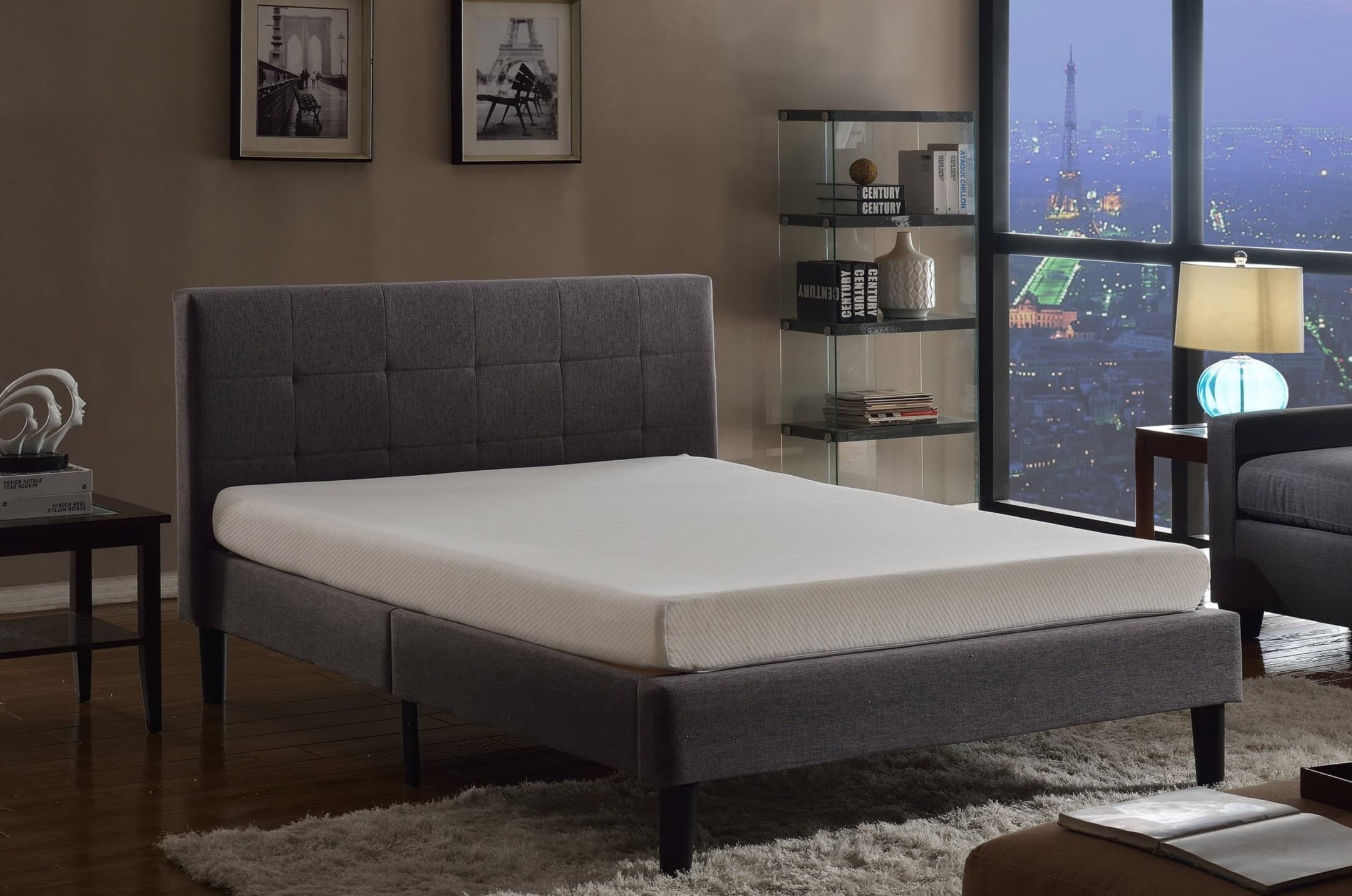

Bedroom Furniture
How Thick Of A Memory Foam Mattress Is Best
Modified: January 14, 2024
Discover the ideal thickness for a memory foam mattress in our comprehensive guide. Find the perfect bedroom furniture and design for your home.
(Many of the links in this article redirect to a specific reviewed product. Your purchase of these products through affiliate links helps to generate commission for Storables.com, at no extra cost. Learn more)
Introduction
When it comes to choosing a memory foam mattress, one of the most crucial factors to consider is the thickness of the mattress. The thickness of a memory foam mattress can significantly impact its comfort, support, and overall performance. As a consumer, understanding the significance of mattress thickness and how it relates to your specific needs is essential for making an informed purchasing decision.
In this comprehensive guide, we will delve into the nuances of memory foam mattress thickness, exploring the factors that influence the best thickness for different individuals and sleeping positions. By the end of this article, you will have a clear understanding of how to select the ideal thickness for your memory foam mattress, ensuring a restful and rejuvenating night's sleep.
So, let's embark on this enlightening journey to unravel the mysteries of memory foam mattress thickness and discover the optimal thickness for your unique sleep preferences and requirements.
Key Takeaways:
- Choose a thicker memory foam mattress (10-14 inches) for side sleepers and those with chronic pain, and a thinner one (8-10 inches) for back and stomach sleepers, based on individual comfort and support needs.
- Consider body weight, sleeping position, comfort preferences, and health conditions when selecting the best memory foam mattress thickness for a restful and rejuvenating night’s sleep.
Understanding Memory Foam Mattress Thickness
Memory foam mattresses are renowned for their ability to contour to the body, providing exceptional comfort and support. The thickness of a memory foam mattress plays a pivotal role in determining the level of support and comfort it offers. Typically, memory foam mattresses range in thickness from 6 inches to 14 inches, with some specialty options exceeding this range.
Thicker memory foam mattresses tend to provide more substantial support and contouring capabilities. The additional layers of foam can contribute to better pressure relief, especially for individuals with joint pain or those who require extra cushioning for optimal comfort. On the other hand, thinner memory foam mattresses may offer a firmer feel and are often preferred by individuals seeking a more supportive surface.
It’s important to note that the thickness of a memory foam mattress can also influence its durability. Thicker mattresses with multiple layers of high-density foam are generally more resilient and less prone to premature sagging or indentations. This is particularly advantageous for individuals seeking a long-term investment in their sleep quality.
Furthermore, the thickness of a memory foam mattress can impact its motion isolation properties. Thicker mattresses tend to excel in minimizing motion transfer, making them an excellent choice for couples or individuals who share their bed with pets. The added thickness can absorb movement more effectively, reducing disturbances during sleep.
Understanding the significance of memory foam mattress thickness is crucial for selecting a mattress that aligns with your specific sleep needs and preferences. In the subsequent sections, we will explore the key factors to consider when determining the optimal thickness for your memory foam mattress, empowering you to make an informed and confident choice.
Factors to Consider When Choosing Memory Foam Mattress Thickness
When evaluating the ideal thickness for a memory foam mattress, several critical factors come into play. By carefully considering these factors, you can pinpoint the optimal mattress thickness that caters to your individual requirements and enhances your overall sleep experience.
- Body Weight: The relationship between body weight and mattress thickness is a key consideration. Individuals with a higher body weight often benefit from thicker mattresses, as these provide enhanced support and prevent excessive sinkage. Conversely, lighter individuals may find adequate comfort and support with a thinner mattress.
- Sleeping Position: Your preferred sleeping position significantly influences the ideal mattress thickness. Side sleepers typically benefit from thicker mattresses to alleviate pressure points, while back and stomach sleepers may find sufficient support with a slightly firmer and thinner mattress.
- Comfort Preference: Understanding your comfort preferences is crucial. If you prefer a plush, cradling sensation, a thicker mattress with added layers of foam may be preferable. Those who favor a firmer feel may opt for a thinner mattress that offers a more supportive surface.
- Health Considerations: Individuals with chronic pain conditions, such as arthritis or fibromyalgia, may require the superior pressure relief provided by a thicker memory foam mattress. Moreover, those with spinal alignment issues can benefit from the additional support offered by a thicker mattress.
- Bed Base Compatibility: Consider the compatibility of the mattress thickness with your bed base or foundation. Ensure that the selected thickness aligns with the requirements and limitations of your bed frame or adjustable base to prevent potential issues.
By taking these factors into account, you can make an informed decision regarding the optimal thickness for your memory foam mattress. It’s important to remember that personal preferences and unique sleep needs vary, so evaluating these factors in conjunction with your individual requirements is crucial for selecting a mattress that promotes restful and rejuvenating sleep.
A memory foam mattress that is 10-12 inches thick is generally considered to be the best option. This thickness provides a good balance of support and comfort for most people.
How Thick of a Memory Foam Mattress Is Best for Different Sleeping Positions
Choosing the appropriate thickness for a memory foam mattress is closely tied to an individual’s preferred sleeping position. Different sleeping positions require varying levels of support and pressure relief, influencing the ideal mattress thickness for each scenario. Let’s explore the recommended thickness for different sleeping positions:
- Side Sleepers: Side sleepers often benefit from thicker memory foam mattresses, typically ranging from 10 to 14 inches in thickness. The added layers of foam provide crucial cushioning for the hips and shoulders, reducing pressure points and promoting proper spinal alignment.
- Back Sleepers: Back sleepers generally find optimal comfort and support with memory foam mattresses ranging from 8 to 12 inches in thickness. These mattresses offer a balanced combination of contouring and support, helping maintain the natural curvature of the spine while minimizing discomfort.
- Stomach Sleepers: Stomach sleepers may prefer memory foam mattresses with a moderate thickness of 8 to 10 inches. Thinner mattresses can provide the necessary support to prevent excessive sinkage, aiding in maintaining a neutral spinal position during sleep.
- Combination Sleepers: Individuals who frequently change sleeping positions, known as combination sleepers, can benefit from a versatile mattress ranging from 10 to 12 inches in thickness. This range offers the adaptability and support needed to accommodate various sleeping postures throughout the night.
It’s important to note that these recommendations serve as general guidelines, and individual preferences and body types may influence the ideal mattress thickness for each sleeping position. By considering these guidelines alongside personal comfort preferences and specific health considerations, you can make an informed decision when selecting the best memory foam mattress thickness for your unique sleep needs.
Conclusion
Choosing the right thickness for a memory foam mattress is a pivotal decision that directly impacts the quality of sleep and overall well-being. By understanding the nuances of mattress thickness and considering key factors such as body weight, sleeping position, comfort preferences, and health considerations, individuals can make informed choices that cater to their specific sleep needs.
Thicker memory foam mattresses, typically ranging from 10 to 14 inches, offer enhanced support and pressure relief, making them ideal for side sleepers and individuals with chronic pain conditions. On the other hand, thinner mattresses, ranging from 8 to 10 inches, may provide ample support for back and stomach sleepers, as well as those who prefer a firmer sleep surface.
It’s essential to recognize that there is no one-size-fits-all approach when it comes to mattress thickness. Each individual’s unique requirements and preferences play a significant role in determining the best thickness for a memory foam mattress. By carefully evaluating these factors and considering the specific needs of different sleeping positions, individuals can select a mattress that promotes restful and rejuvenating sleep.
Ultimately, the optimal thickness for a memory foam mattress is a personalized choice that hinges on a thorough understanding of individual sleep preferences and requirements. By leveraging this knowledge, individuals can embark on a journey to discover the perfect mattress thickness that aligns with their distinct sleep needs, ensuring a revitalizing and comfortable night’s rest.
Armed with the insights provided in this guide, you are well-equipped to navigate the realm of memory foam mattress thickness and make a well-informed decision that elevates your sleep experience to new heights.
Frequently Asked Questions about How Thick Of A Memory Foam Mattress Is Best
Was this page helpful?
At Storables.com, we guarantee accurate and reliable information. Our content, validated by Expert Board Contributors, is crafted following stringent Editorial Policies. We're committed to providing you with well-researched, expert-backed insights for all your informational needs.

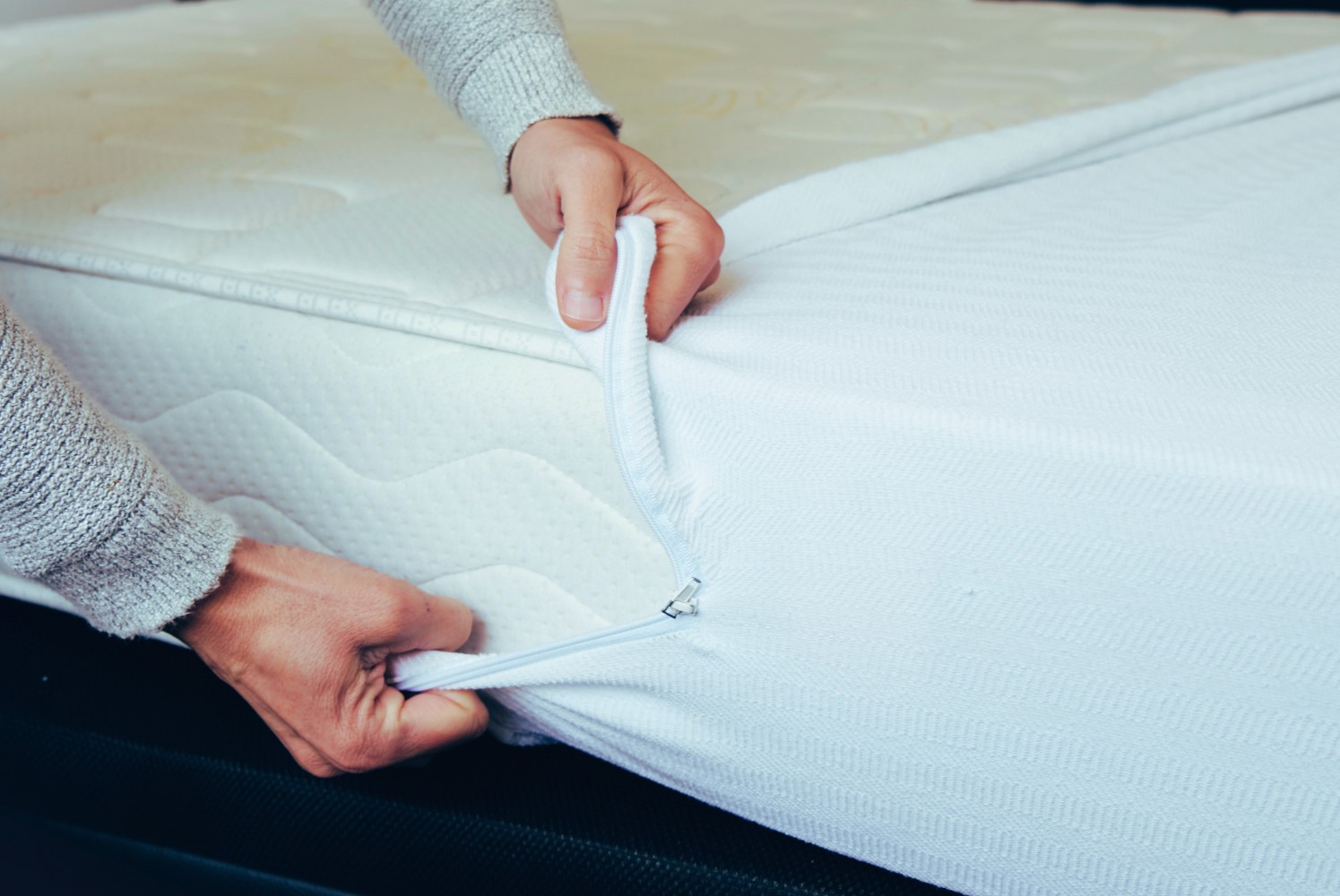
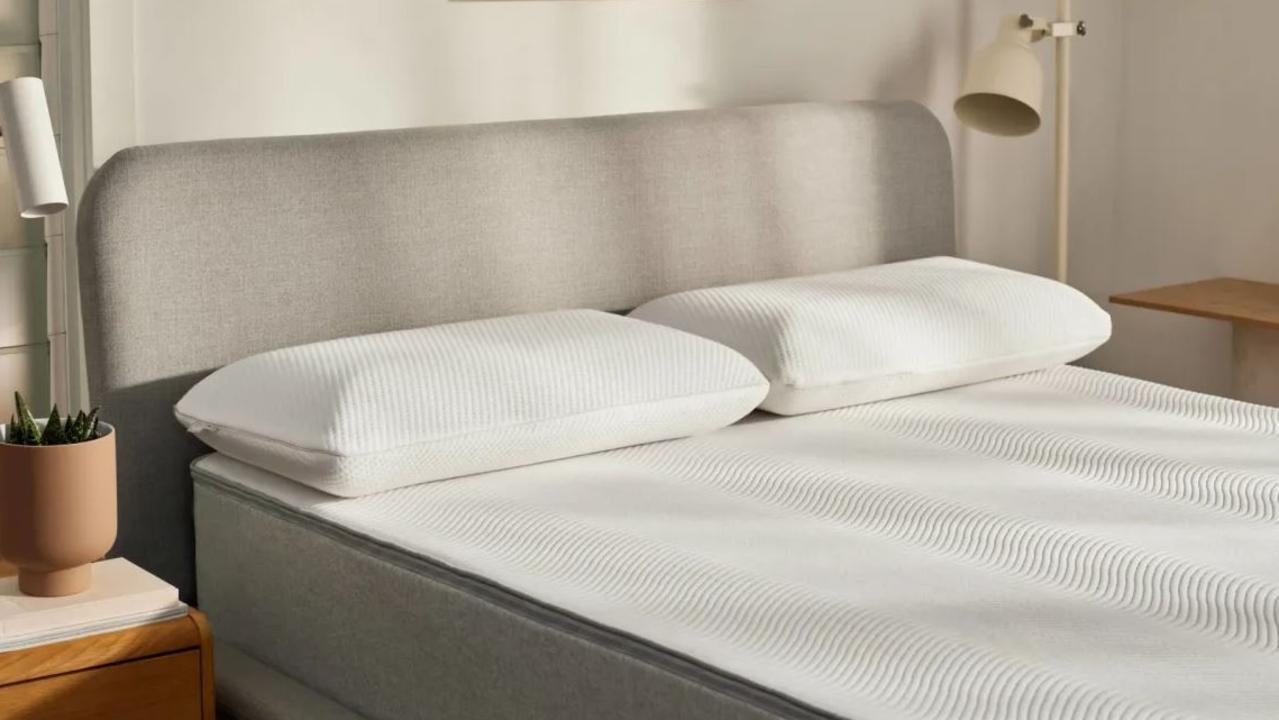
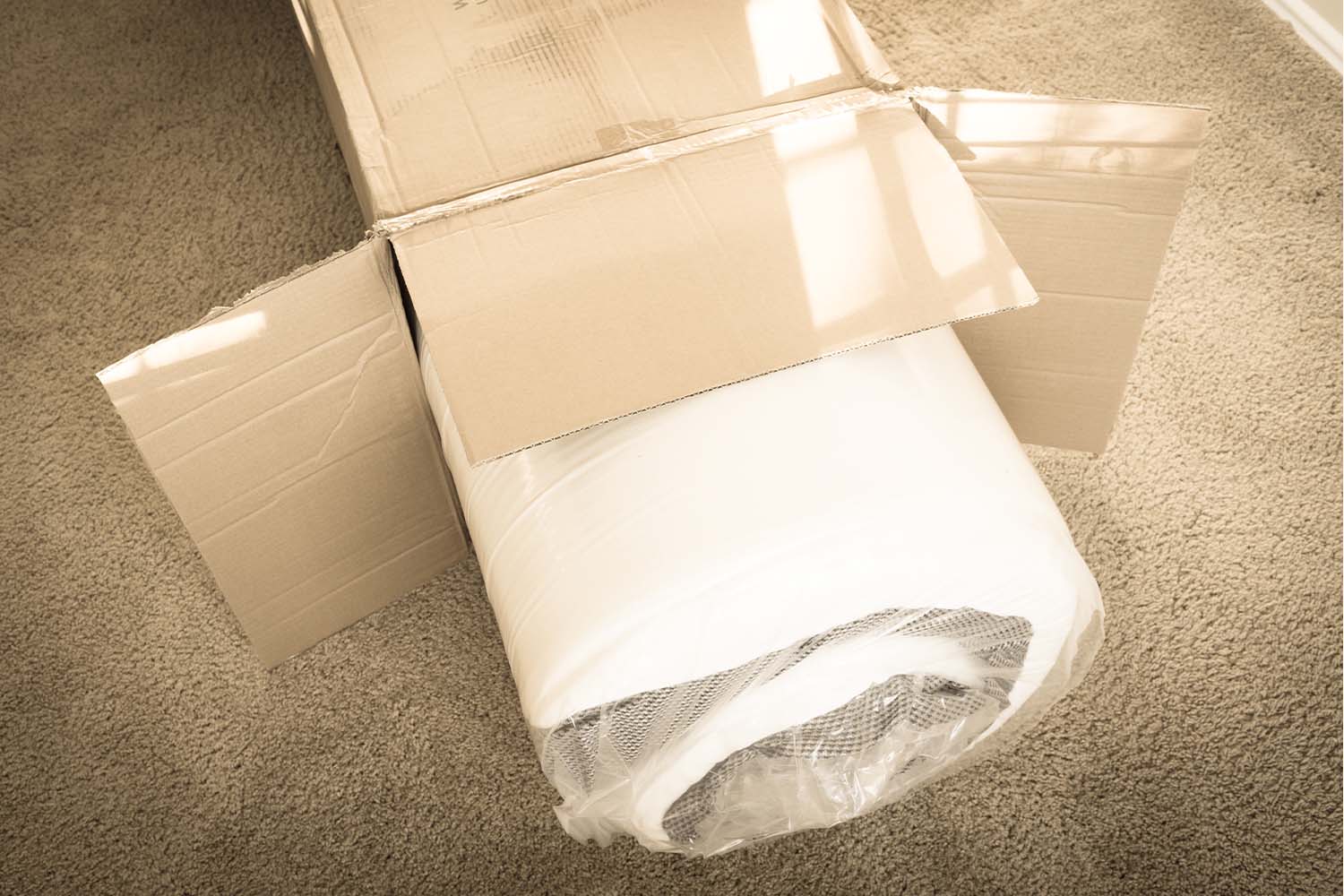
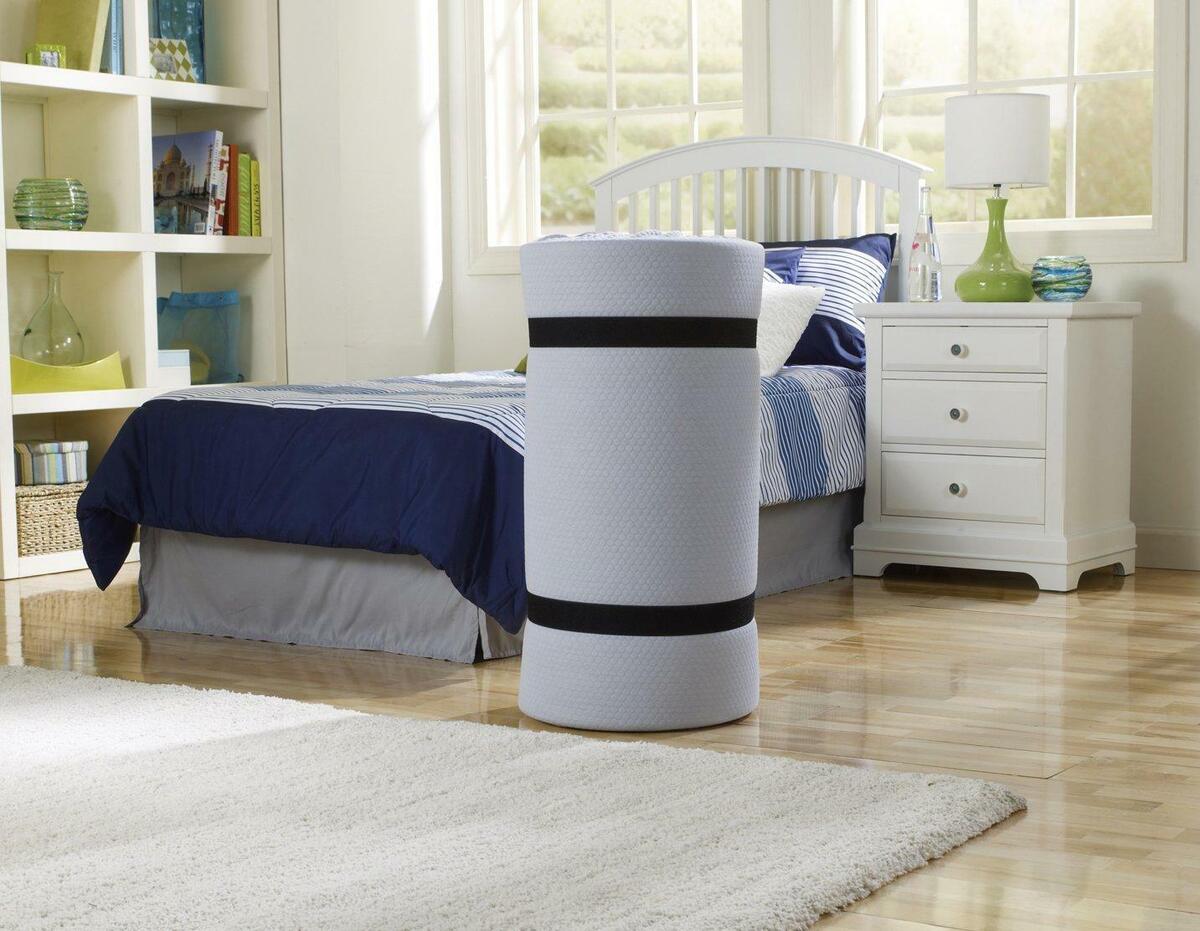
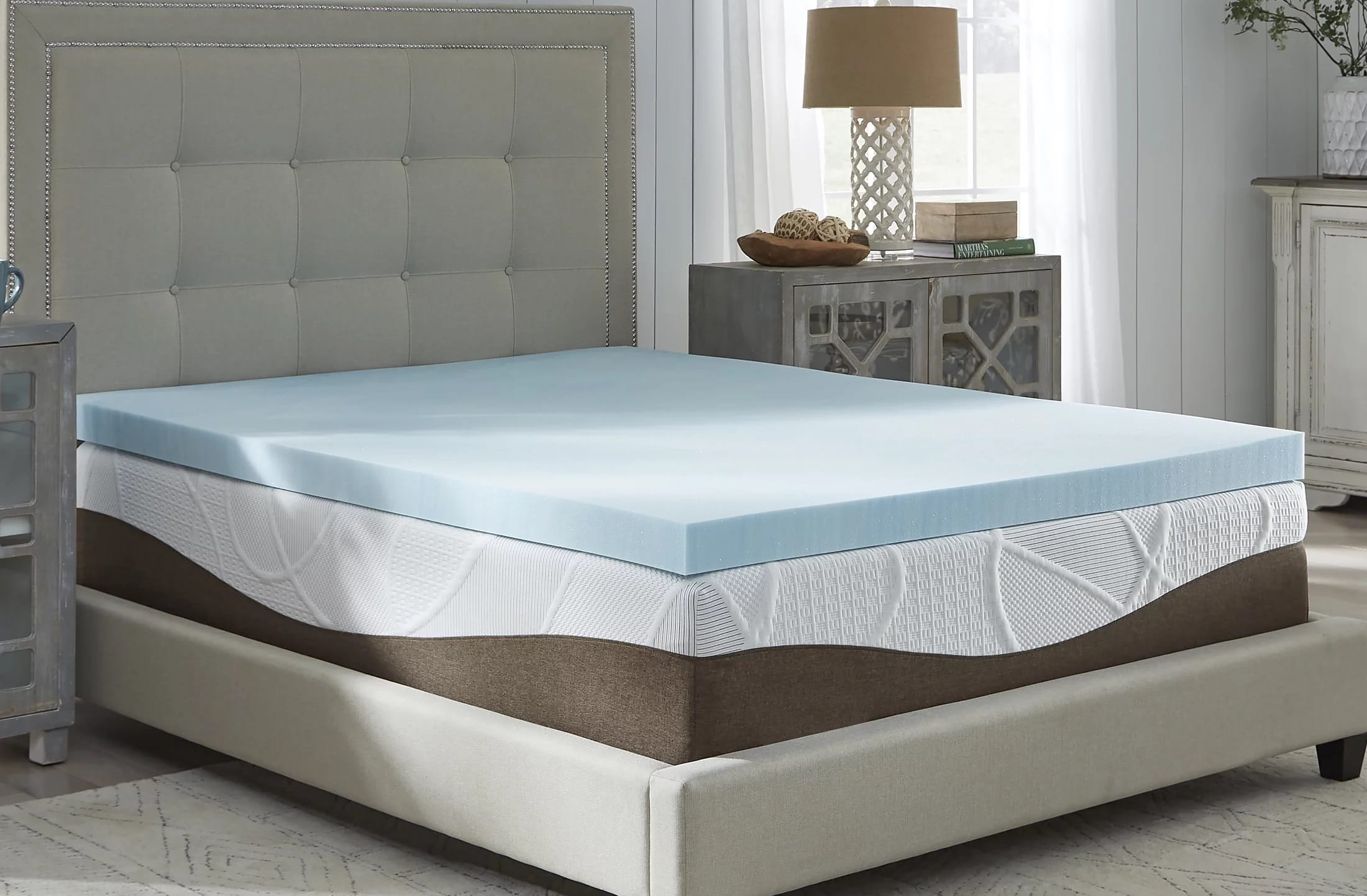
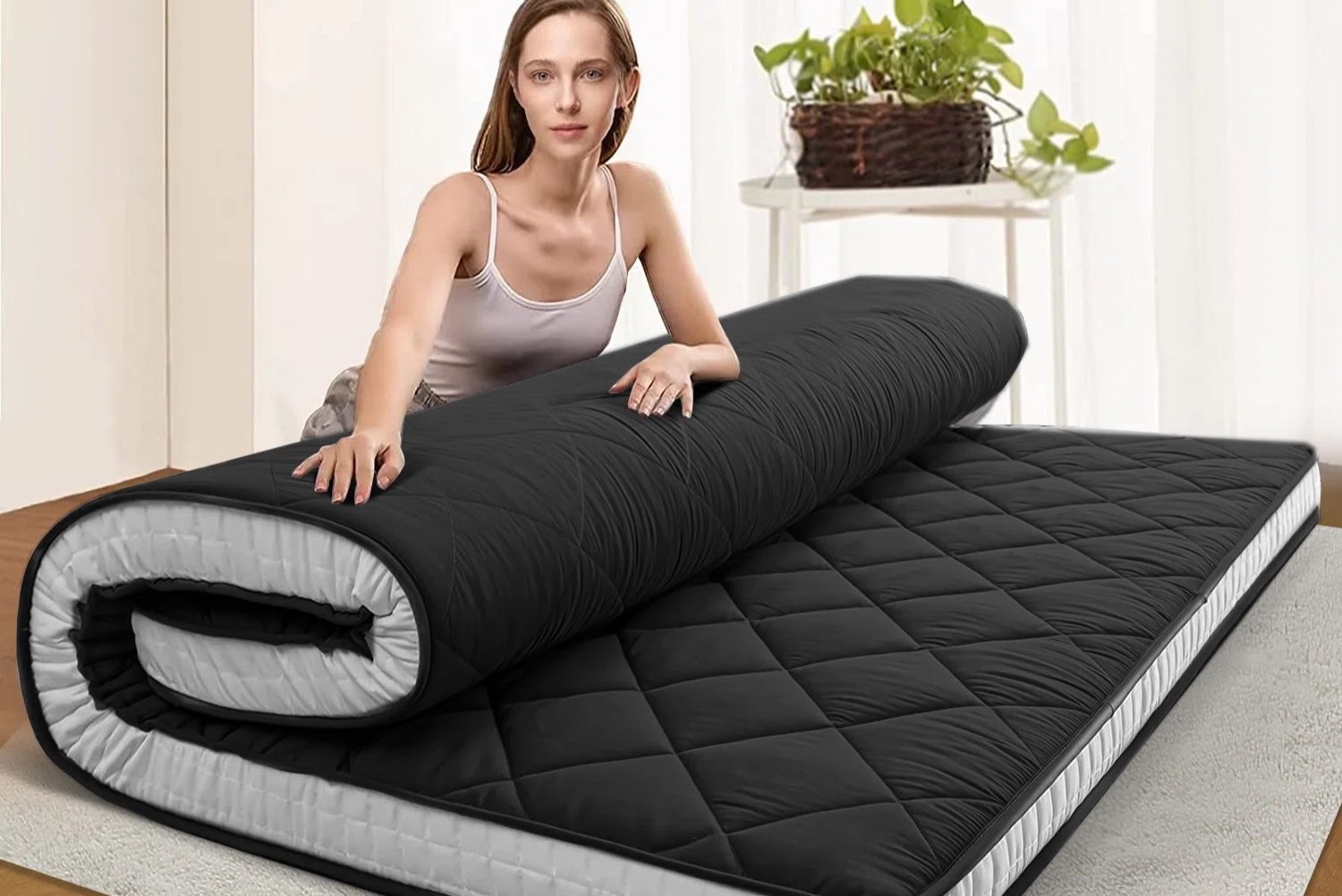

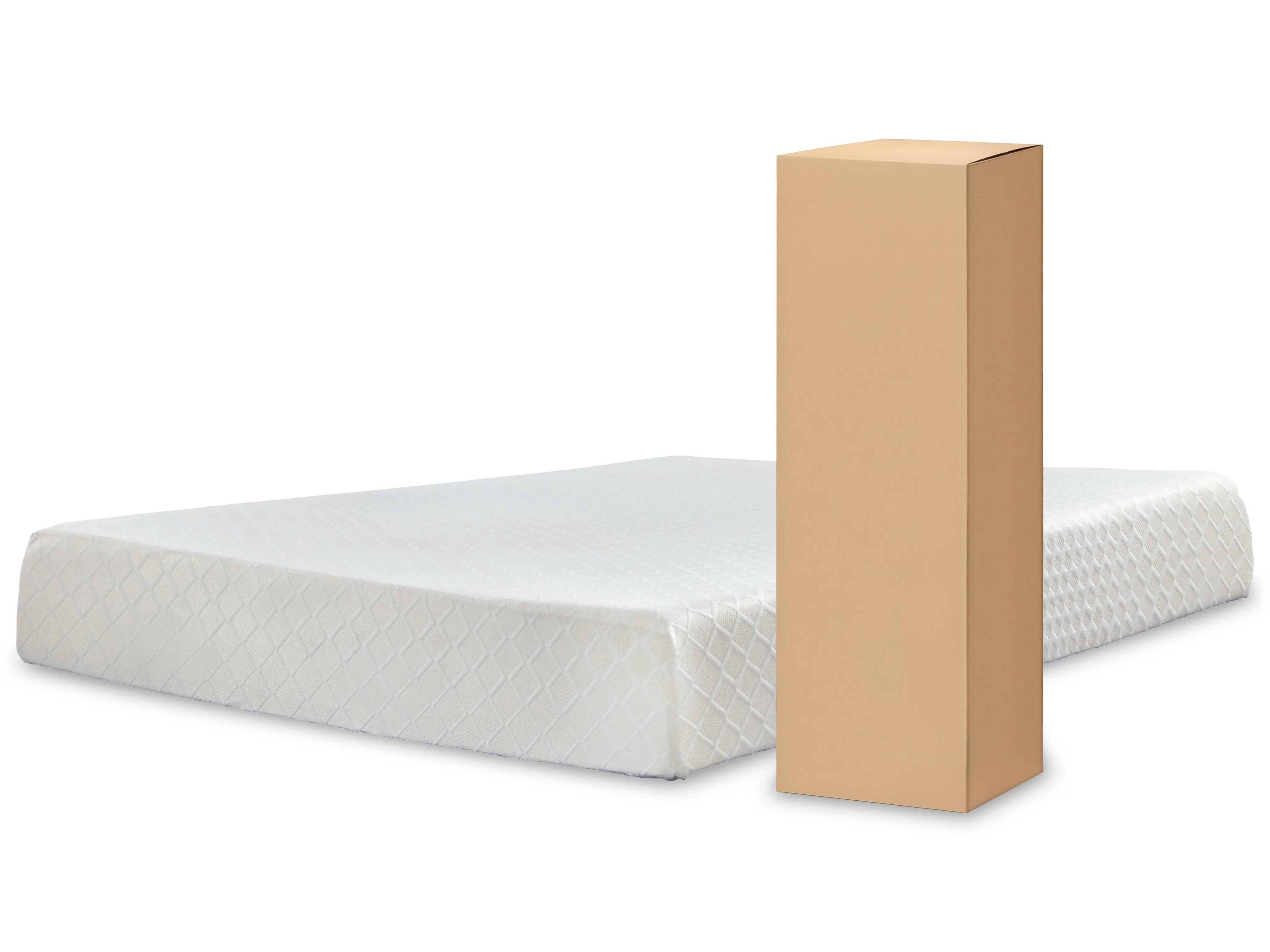
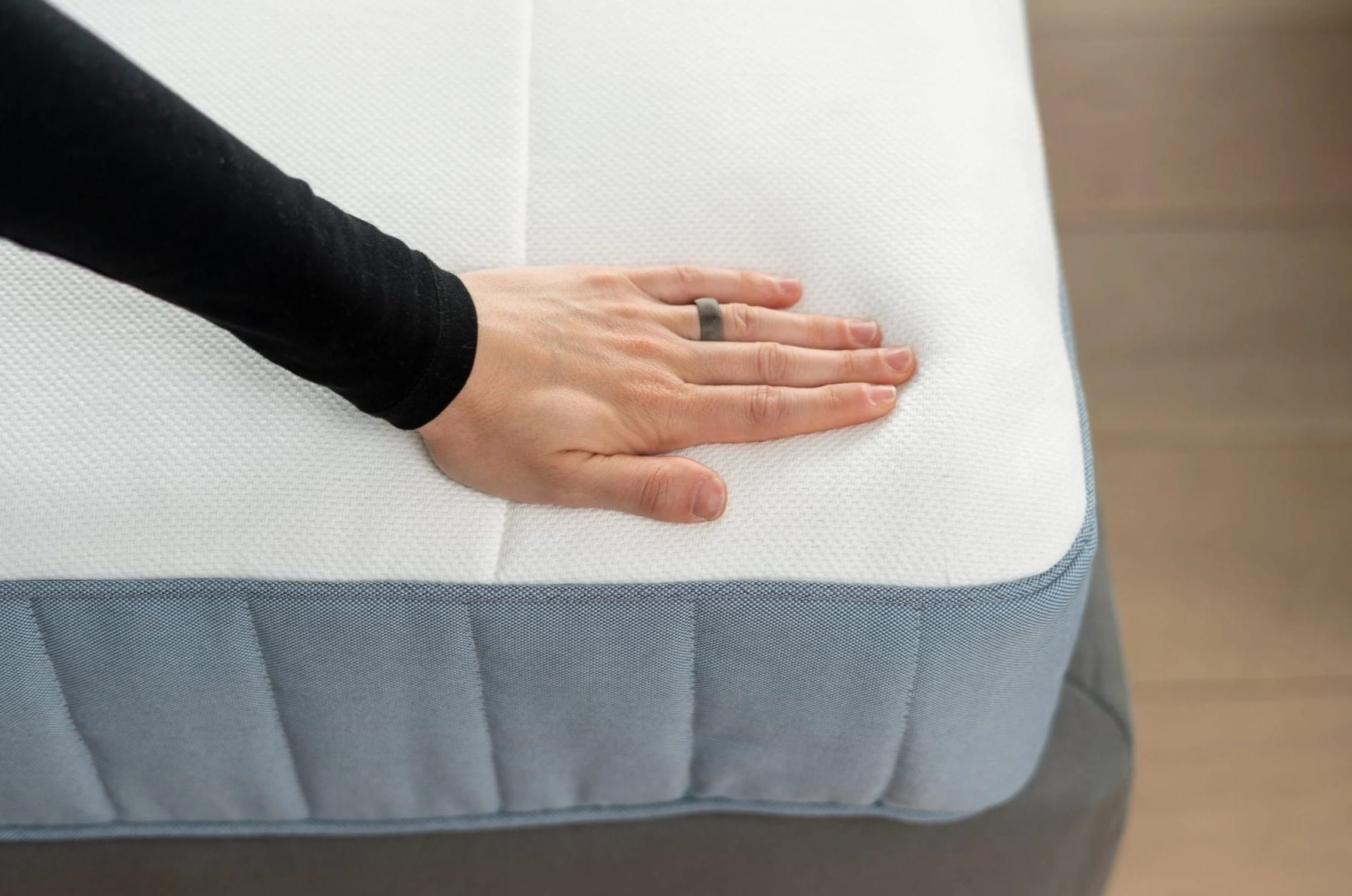
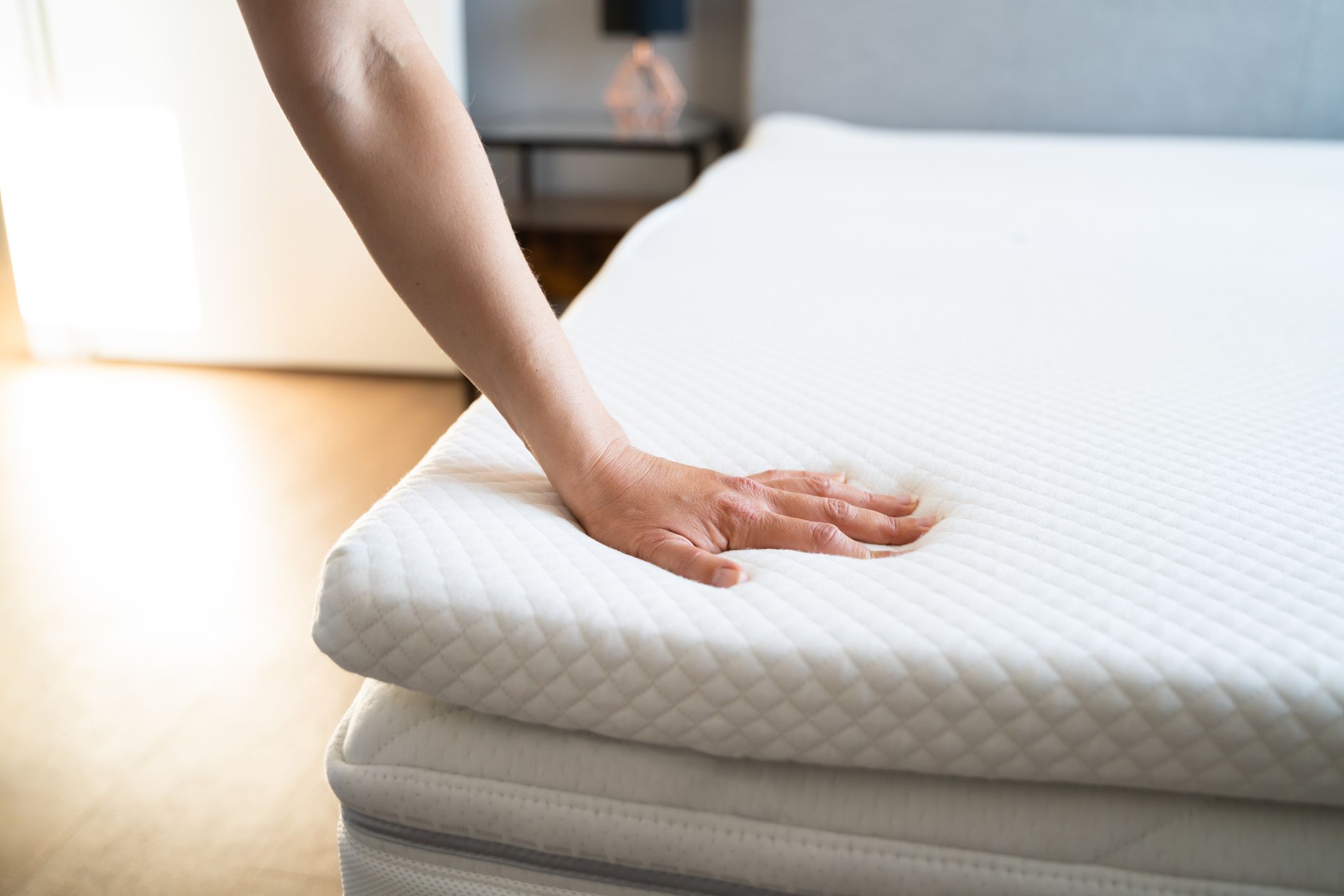
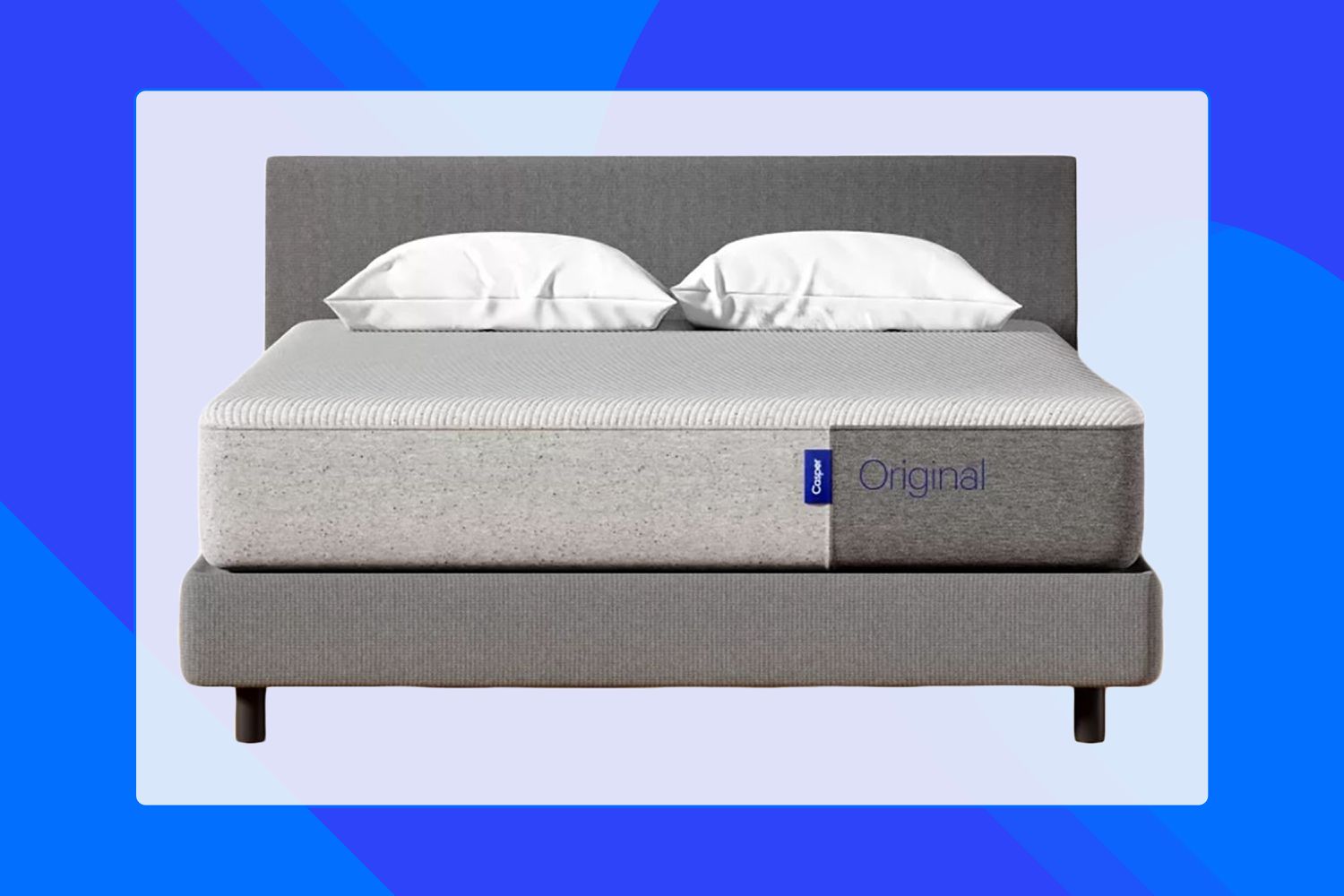
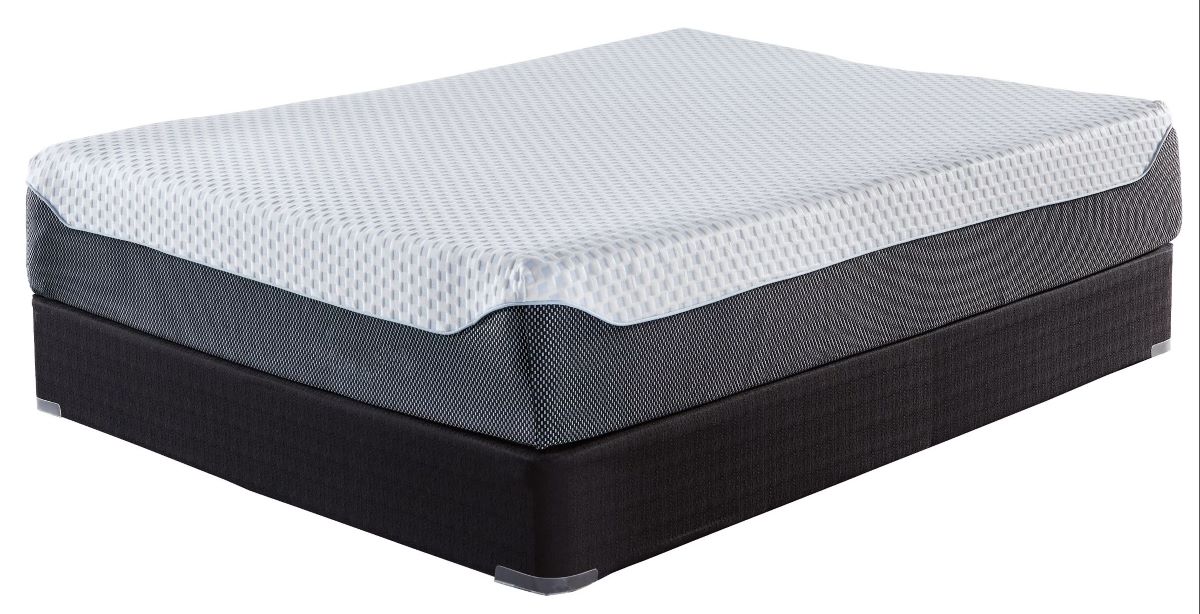
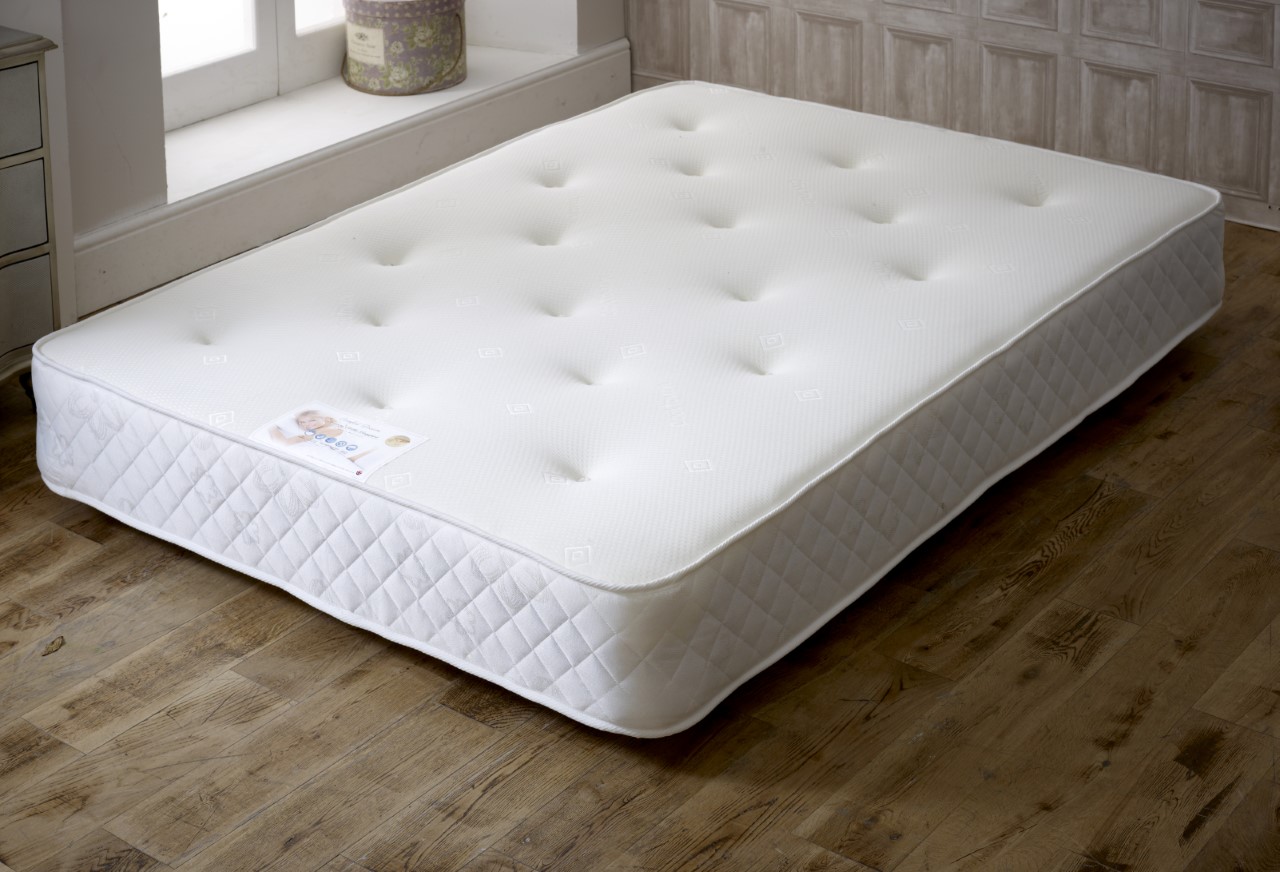
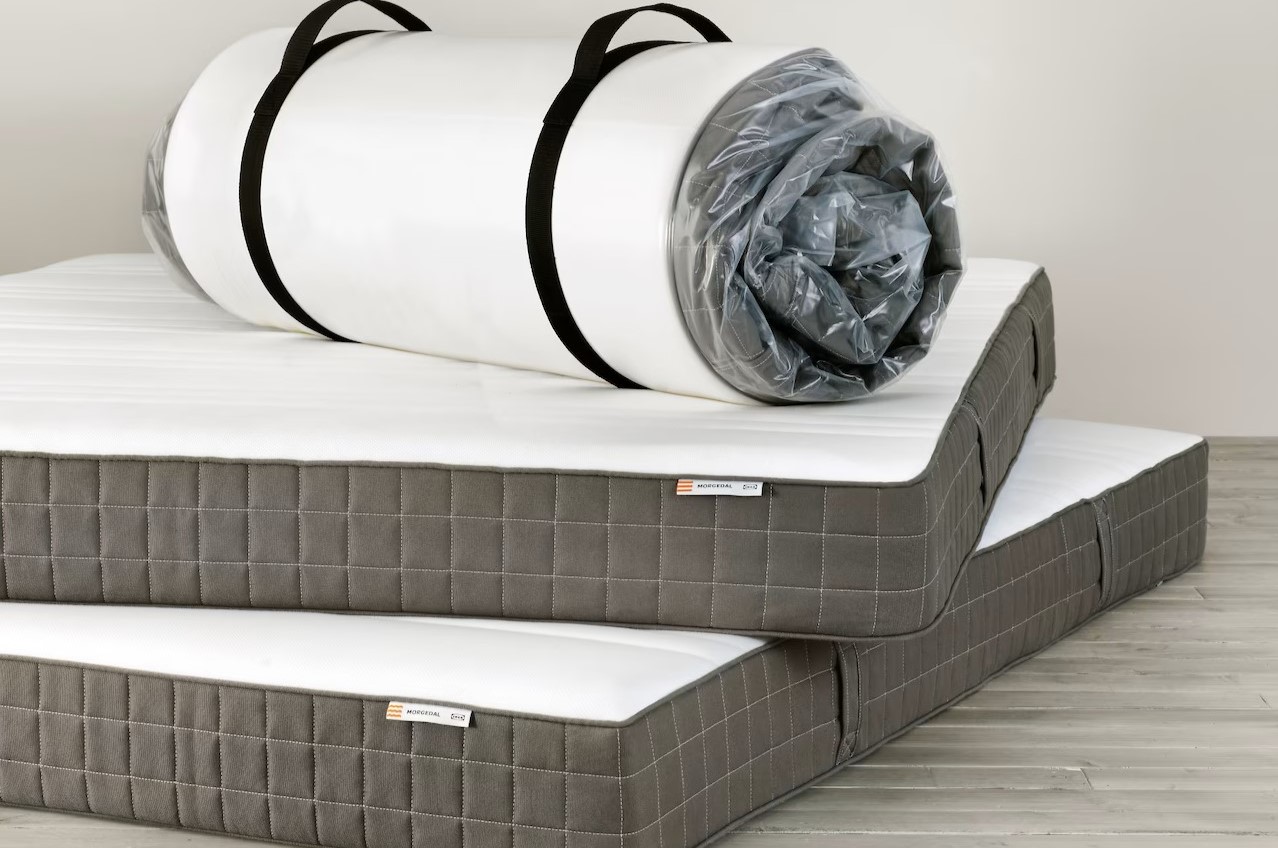

0 thoughts on “How Thick Of A Memory Foam Mattress Is Best”